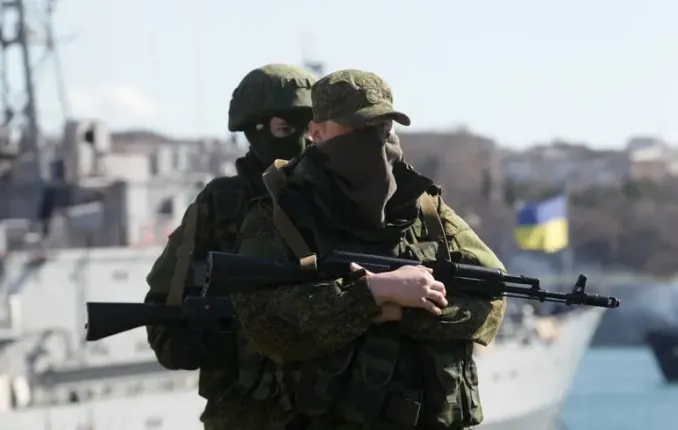Prospects of Legal Accountability for Russia’s Aggression: Emphasis on 2014 and Political Will

The year 2014 marked a pivotal turning point in Ukraine’s contemporary history, as it was the year when large-scale aggression from the Russian Federation commenced, leading to the annexation of Crimea, conflicts in Donetsk and Luhansk regions, and the establishment of temporary occupation administrations in targeted areas. Critical events that clearly define the beginning of this aggression are the dates February 20 and February 27, 2014, which appear prominently in legal and political documents. Jurist Gunduz Mamedov, an Honored Lawyer of Ukraine and Deputy Prosecutor General from 2019 to 2022, highlights in his article that these specific dates bear the significance of key markers for determining the start of aggression. Ukrainian legislation, including the Law of Ukraine «On Ensuring Rights and Freedoms of Citizens and the Legal Regime in Temporarily Occupied Territories of Ukraine,» establishes February 20, 2014, as the date the occupation of Crimea began. Similarly, the European Court of Human Rights, in its ruling in the case «Ukraine and the Netherlands against Russia,» acknowledged that Russia had effective control over Crimea no later than February 27, 2014. These dates serve as crucial references for legal arguments concerning the initiation of aggression. It should also be noted that the Statute allows for flexible wording, and the final interpretation depends on political will and contextual circumstances. Experts believe that this approach not only allows for symbolic justice but also enables full recognition of the sources of the war, which is vital for both historical and legal accountability. Importantly, Ukrainian President Volodymyr Zelenskyi has signed the necessary documents for ratifying the establishment of a Special Tribunal to prosecute the crime of Russian aggression against Ukraine. This development culminates a three-year-long struggle that began during the darkest moments of the war when the international community was still undecided on how to respond effectively.

